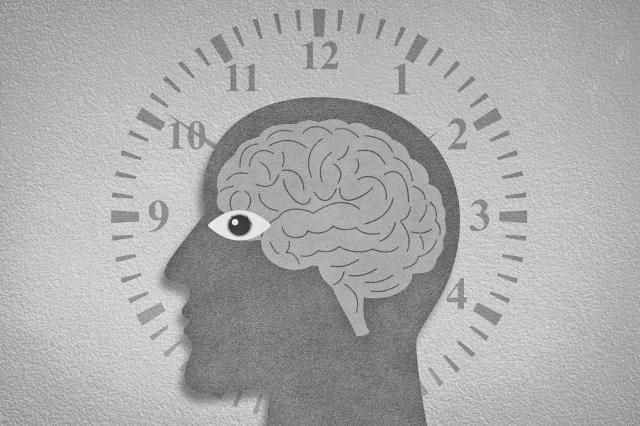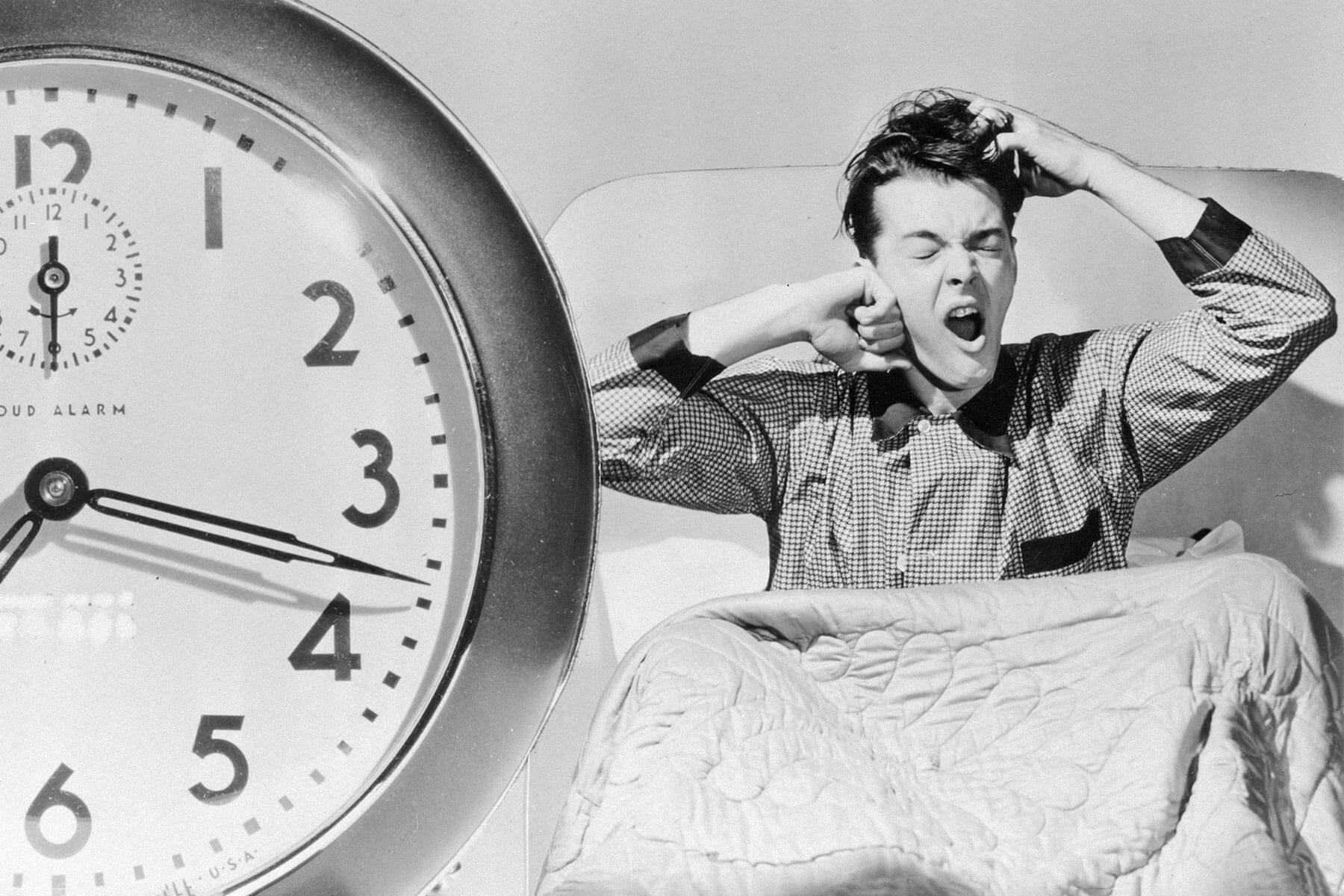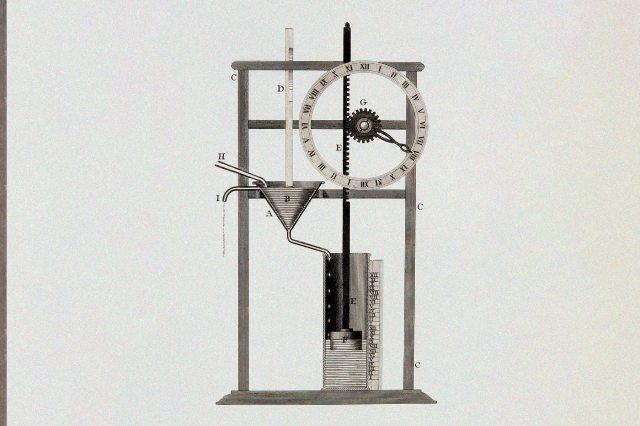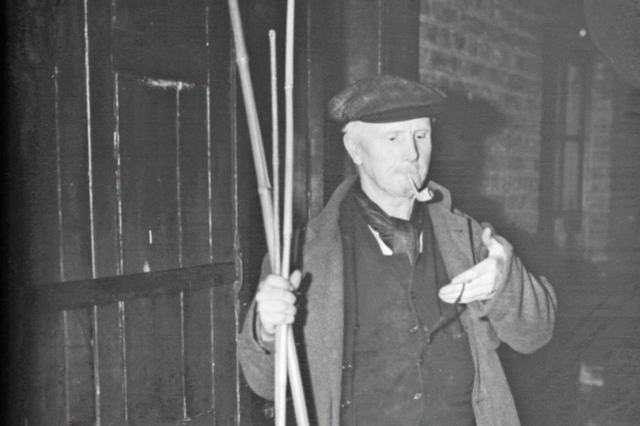How Did People Wake Up on Time Before Alarm Clocks?
Timekeeping technology has come a long way from ancient Egyptian sundials, and with it, so has the ability to wake up at whatever precise time might be needed for work, school, or appointments — even if we often ignore a ringing alarm in favor of snoozing for just 10 more minutes. While the demands of modern society are certainly more rigid than they once were, people have long had various reasons to keep a tight schedule, and at times they had to rely on more than just the crow of the rooster or the chirping of birds at dawn to make sure they were up to meet the day.
The most basic way people woke up before the invention of alarms was strictly biological in nature. Long before the advent of mechanical clocks or artificial light, people lived in harmony with the natural rhythms of day and night. Two biological processes dictate this natural sleep-wake cycle: homeostasis and circadian rhythms. Homeostasis governs our body’s drive for sleep, which increases the longer we’re awake and dissipates once we fall asleep, eventually signaling when it’s time to wake up. Circadian rhythms, meanwhile, control alertness and drowsiness throughout the day, influenced by light (more alert) and darkness (sleepy time).

This isn’t the only internal body process that served as a primal wake-up call before alarm clocks: Some people relied on their bladders. In biographer Stanley Vestal’s 1984 book about the life of 19th-century Lakota warrior White Bull, he noted, “Indian warriors could determine in advance their hour of rising by regulating the amount of water drunk before going to bed.” Of course, these bodily functions still exist as natural wake-up calls, but circadian rhythms often get disrupted by modern light sources such as screens, and given the strict nature of our 21st-century work schedules, one’s bladder might not be the most reliable alarm.



















